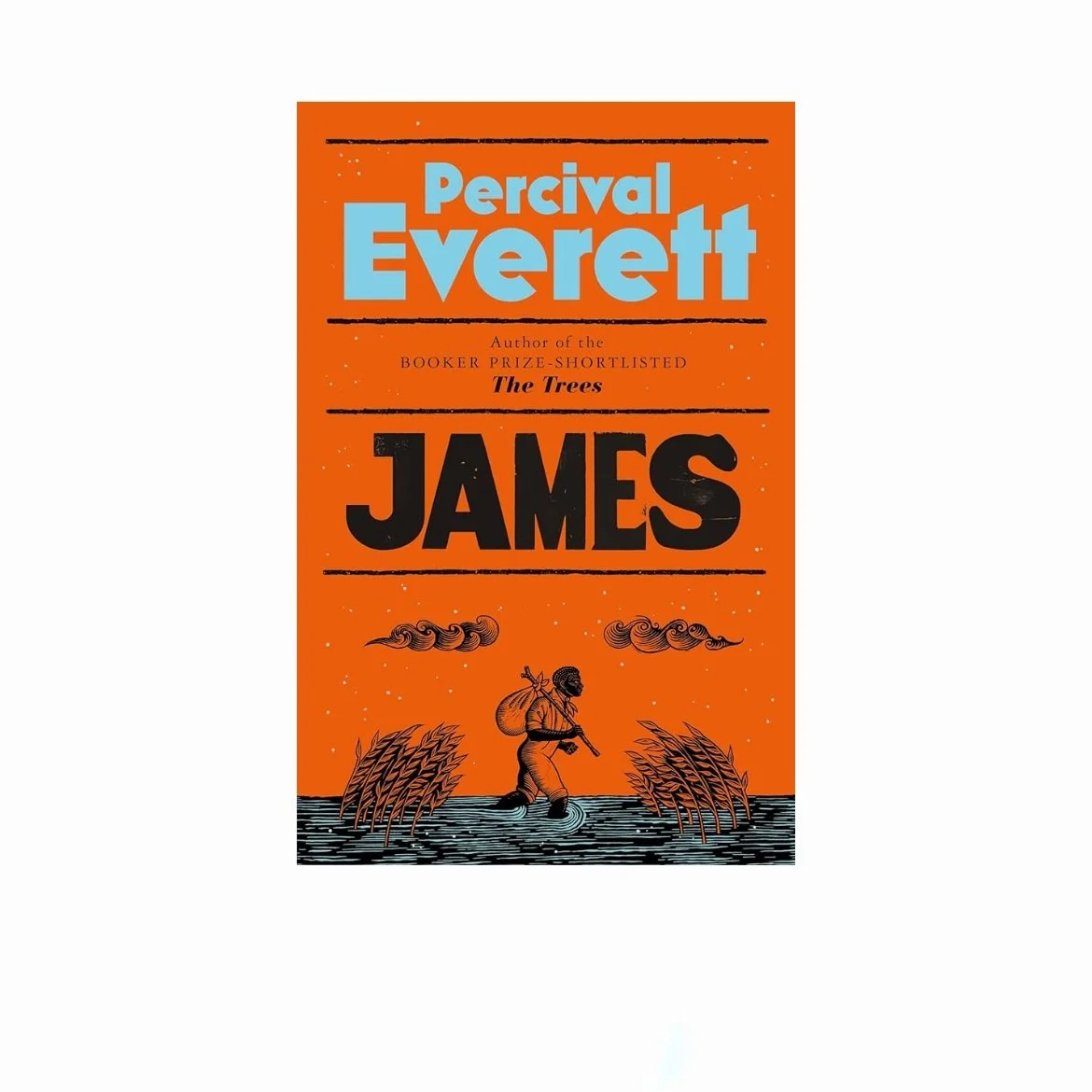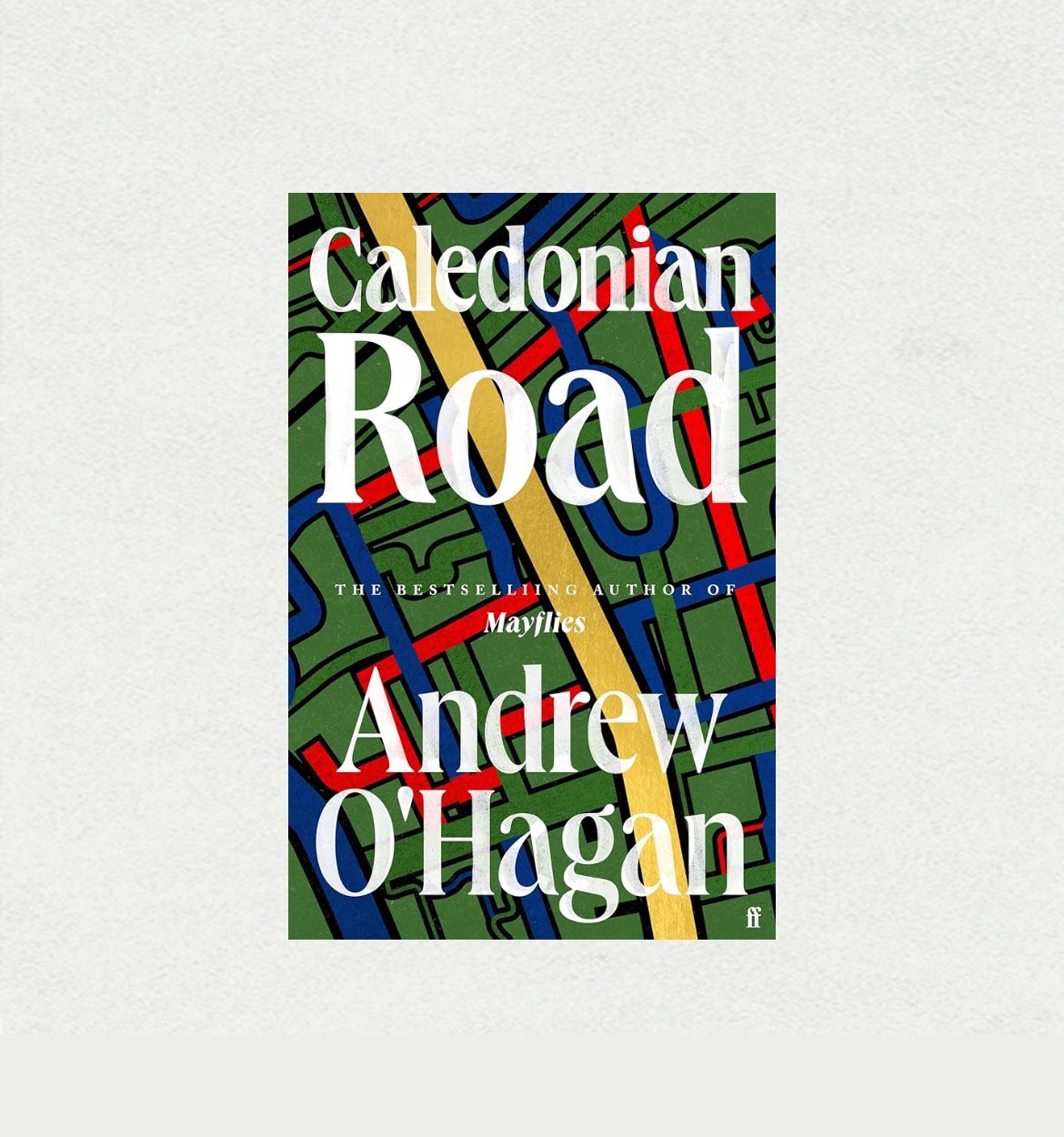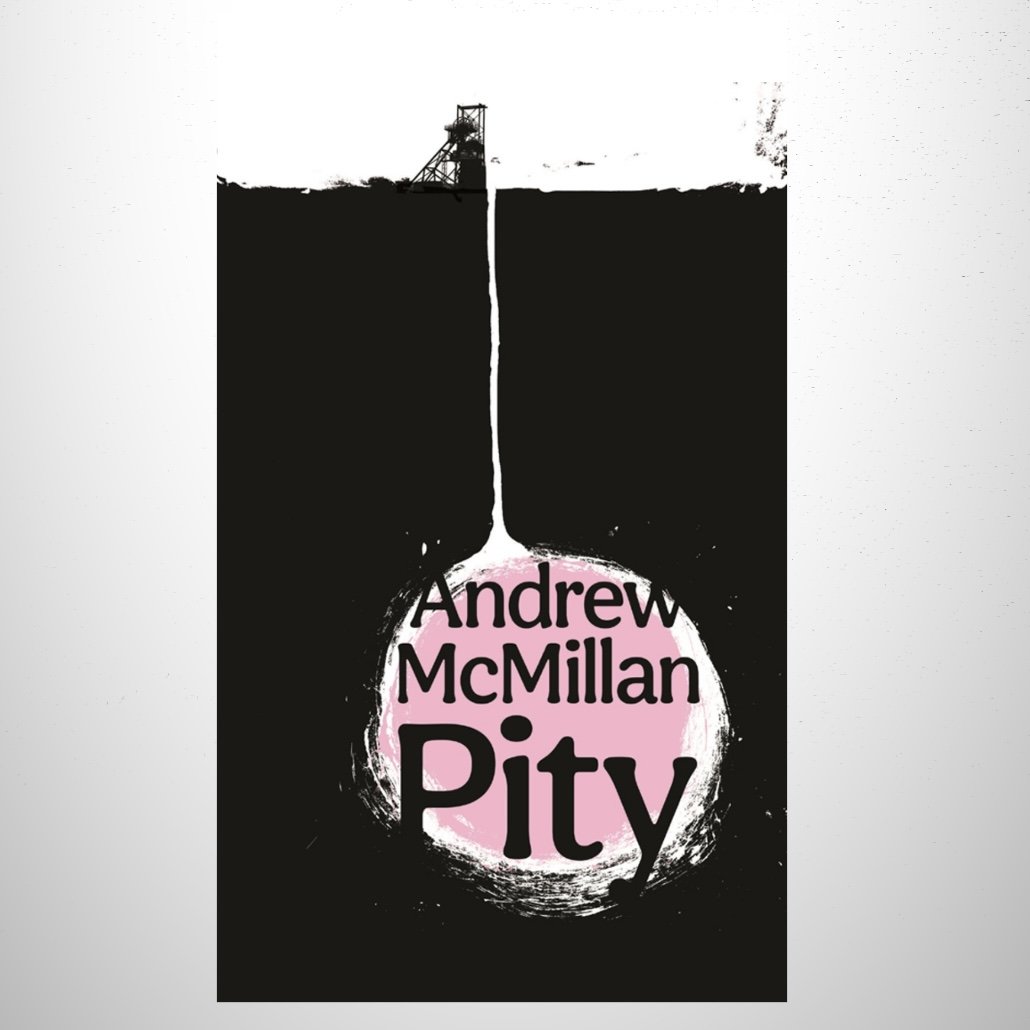
In Defence of the Act (2023)
In Defence of the Act is told from the perspective of Jessica Miller, who is fascinated by the subject of suicide. She works in a lab which investigates suicide in animals, among colleagues she is sure have taken on that particular role with the view that their research will help understand and therefore prevent suicide in humans. Secretly, though, Jessica believes suicide may be - in some cases - a justified ‘act’ and even one which could be considered altruistic, or at least to the benefit of those who surround them. The roots of her unusual perspective are clearly in an incident in her childhood, in which she alerted her family to her father’s suicide attempt, therefore preventing it. He then went on to be consistently abusive, primarily to Jessica and her mother.
Enter Ghost (2023)
Enter Ghost follows Sonia, a 38-year-old British/Dutch actor, with Palestinian heritage, who has recently broken off an affair with a London theatre director. She decides to take some time out from her career to visit her sister, Haneen, in Haifa. The two sisters spent summers in their youth visiting family in Haifa, and the latter returned there to forge a career as an academic. Haneen introduces Sonia to her friend Mariam, a theatre director, who is in the early stages of putting on an Arabic-language production of Hamlet in the West Bank. While Sonia is initially reluctant to get involved, she is pulled in by Mariam’s bluntness and idealistic spirit and agrees to help out with rehearsals, before eventually getting swept up by the energy of the production and taking on the role of Gertrude.
Ordinary Human Failings (2023)
Ordinary Human Failings is set in London in 1990, as a housing estate community is rocked by the death of a toddler, with suspicion quickly falling on Lucy, the 10-year old daughter of an Irish family, the Greens. A tabloid journalist, Tom, is dispatched to investigate, with a strong focus on digging up dirt on the Green family, whose outsider, reclusive status means they are the inevitable target of attention for the crime. It’s pitched as a thriller, with a mystery to be solved, and Tom is convinced he’s going to be the one to solve it. He moves the family into a small hotel, plies them with drink and looks for the inevitable trauma that has led them here, and a motive for the crime.
Soldier Sailor (2023)
Soldier Sailor is a brief but intense novel told by a mother (the titular ‘Soldier’) and addressed to her son (who she calls ‘Sailor’). Its not entirely clear from what remove it’s being written - the narrative jumps around so much that it’s hard to be certain - but it focuses on Sailor’s first two or three years of life, during which the narrator is practically fighting for survival as she struggles with the everyday demands of motherhood. She is left, like so many mothers, bearing virtually all of the work of bringing up her son, while her husband goes to work, watches football, and - most egregiously of all - sleeps. Through a series of traumatic vignettes (none more so than the novel’s opening section - in which she briefly abandons her child, having written a suicide note to him) we learn of Soldier’s despairing sense of alienation from the previous version of herself, who she sees as lost to the all-consuming mother who has replaced her. Throughout, though, there is also a near-unbearable sense of the desperate love of mother for child, culminating in a lyrical, beautiful final section in which Soldier contemplates their inevitable future separation: in spite of all the trauma of the present moment, the real source of fear in her life.
Rare Singles (2024)
Rare Singles is a slim novel focusing on Earlon ‘Bucky’ Bronco, a seventy-something Black man living in Illinois, who cut a few soul records as a teenager but has spent much of the recent of his life working dead-end jobs and devoting his life to his wife Maybellene, who has recently died. Out of the blue, he receives a request to travel to Scarborough, a fading seaside resort in Northern England, to play a comeback show at a Northern Soul Weekender. Unbeknownst to Bucky, who was paid a derisory flat fee for his initial recordings so has no way of tracking their afterlives, his two ‘rare singles’ have become loved and treasured in the Northern Soul scene, which gave another life to many obscure releases from US soul singers on the Northern-English dancefloors (and to some extent, the UK charts) of the 70s and beyond.
The Accidental (2005)
The Accidental takes place mainly in a sleepy village in Norfolk, where a middle class family from Islington, London are spending their summer. Eve Smart is the family’s mother, and a novelist who draws on real-life stories for her fiction, and is currently suffering from writer’s block. Her partner is Michael, also a writer and a university professor in London, who is prone to infidelity with his students. Eve’s daughters from a previous marriage (to an Adam, no less) are Astrid, a 12 year old girl with a love for photography and a delightful way with words, and Magnus, an older teenager with a scientific mind and a serious (and justified) sense of guilt hanging over him over an incident that happened before the holidays.
Mrs Gulliver (2024)
Mrs Gulliver is set in the 1950s, on the fictional Verona Island, which seems to be off the coast of the US, in the Carribbean. Here, prostitution is legal, and Lila Gulliver (not her real name) runs one of the island’s more reputable establishments. She cares for her ‘girls’, and they live an ostensibly convivial and communal life in her ‘house’ in the centre of town, albeit one in the shadow of both local criminal gang warfare and the ever-present threat to its girls’ safety from its male clientele. The novel begins with Mrs Gulliver being introduced to the Bercy sisters, destitute following the death of their formerly prosperous (but latterly penniless) uncle. The younger sister, Carità, is both beautiful and, intriguingly to Gulliver and her ‘majordomo’ Brutus, blind. She is taken on board, with Mrs Gulliver evidently feeling a special responsibility for her welfare.
Cuddy (2023)
Cuddy begins with the death of its eponymous hero, St. Cuthbert of Lindisfarne, in 687, and thereafter takes us on a wild and eclectic ride through the centuries, giving us an alternative history of the North-East of England , over which the venerated saint’s influence looms large. Casting an equally grand shadow over the novel is Durham Cathedral, Cuddy’s burial place. The novel is split into four sections and an interlude, the first of which (‘Saint Cuddy’, taking place in 995) follows a band of monks as they carry the saint’s corpse around the North for decades (his body having been evacuated from the island of Lindisfarne in order to protect it from desecration by invading Danes).
James (2024)
James is, in its simplest sense, a retelling of Mark Twain's classic The Adventures of Huckleberry Finn, from the perspective of the slave Jim. The original is loved and criticised (particularly around its complex handling of race relations) in equal parts, and Everett engages with it with a similar mix of obvious love for the source material and a clear sense of purpose in its interrogation of some of its more problematic aspects.
Pew (2020)
Pew introduces us to a fairly unique character: nameless, of indeterminate age, gender and race, seemingly mute and amnesiac. They are named Pew by a family who find them sleeping on a church pew (as others have commented: in the manner of naming a pet). Pew's origins and identity are shrouded in mystery, and the Christian Bible Belt community they find themself taken in by is determined to solve that mystery. Alongside this, there is something strange going on in a nearby town, with its own community engaging in protests in the face of a spate of 'disappearances' of young people. In Pew's own town, it's the week of an annual 'festival' which sounds more and more sinister as we learn more about it.
Fire Weather (2023)
Fire Weather: A True Story from a Hotter World (to give it its full title) centres on the 2016 Fort McMurray wildfire. The fire ravaged the hub of Canada’s oil industry, in remote Alberta, destroying thousands of homes and buildings and driving 90,000 people to evacuate in a single afternoon. This story is told in depth, using extensive testimonies and analysis of contemporary sources from residents, journalists, oil workers and journalists to piece together an almost minute-by-minute narrative of the development of a fire of never-before-seen magnitude. Around this story, though, Vaillant includes lengthy digressions - some necessary and illuminating, others more tangential but always interesting
Help Wanted (2024)
Help Wanted takes place in a large chain "big-box" store in upstate New York, and shifts focus between the employees of its "Movement" (aka Logistics) team as they race to complete their repetitive tasks in the early hours of the morning, snark about their awful middle-manager Meredith, and eventually plot to attempt to have her replaced.
How to Make a Bomb (2024)
How to Make a Bomb was initially published last year in the US under the somewhat less provocative title Dartmouth Park. It’s a short novel, written in a sparse poetic style, eschewing paragraphs in favour of short sentences with line breaks and limited punctuation. Its focus is the fifty-year-old London-based historian Philip Notman, who is thrown into a deep personal crisis following a trip to a conference in Bergen. On his return he begins to struggle to pick up with his everyday life, and abandons his wife and (adult) son to head off in search of… something. Initially it seems that that something may be an affair, with the captivating Ines, who he met at the Bergen conference and initially seeks out in Cadiz. Yet relatively soon he is on the move again, this time to Crete to spend time in the dilapidated house of an older couple he helped out in Spain. He arrives seeking fulfillment of a different kind, away from the noise of modern life, and is further tempted by the allure of religion on a visit to a monastery. When all of this ultimately fails to resolve his issues, he heads back to London with a new sense of purpose, and a rather disturbing mission.
The Book of Form and Emptiness (2022)
The Book of Form of Emptiness centres on Benny Oh, a young Canadian adolescent who has recently lost his father, the Korean-Japanese jazz musician Kenji, and now lives with his mother Annabelle. It is told by turns from the persepectives of a book (“the book”) and Benny himself, who debates with the seemingly autonomous book as it develops. Following the loss of his father (who was killed by a truck carrying live chickens as he lay passed out following a night smoking marijuana with his jazz band) Benny begins to hear voices in everyday objects. While initially harmless enough, following an incident with a pair of scissors who want him to stab his teacher, Benny is sent to a youth mental health facility. Meanwhile, Annabelle is struggling with the decline of her profession as a media monitoring researcher, and demonstrating (to Benny’s dismay) increasing tendencies towards hoarding.
Caledonian Road (2024)
Caledonian Road is set largely on and around the titular thoroughfare, which heads northwards from near London’s King’s Cross station. Its action takes place in the very recent past, in a year’s period between early 2021 (and the ending of major Covid restrictions) and early 2022 (with Russian’s invasion of Ukraine on the imminent horizon). It’s introduced (at least in this pre-release version) by an extensive list of characters, setting the tone for the sprawling, somewhat Dickensian nature of the 600-ish pages to follow. At its undoubted centre, though, is the aging white liberal academic Campbell Flynn, clearly something of a proxy for the author. Having worked his way up in society from humble Glaswegian roots, through a combination of academic achievement and marriage into minor aristocracy, Campbell is a lecturer at UCL, a published art historian (most recently of an acclaimed life of Vermeer), sometime glossy magazine columnist and podcaster. Yet he senses shifting sands in society, and mostly the ones that uphold everything that he holds dears. Campbell, like the liberal intelligentsia he represents, is in crisis. And so, it seems, are his city and his country.
Fast By The Horns (2024)
Fast By The Horns is set in the Bristol neighbourhood of St. Pauls in 1980. It focuses on Jabari, the 14-year-old only son of the Rasafarian community leader Ras Levi. He exists in a clearly very close-knit community, but one that is constantly beaten down by corrupt policing and lack of council investment. Ras Levi and his fellow Rastafarians in the community, including of course Jabari, dream of repatriation to the Ethiopian motherland, though others in the community mock their ambitions and urge them to engage with the political realities of life in the UK. Amidst the violence and daily struggles with police brutality, Jabari's encounter with a young girl formerly from St. Pauls, who we find has been placed in the care of a white family in a neighbouring affluent area, provides a tender and emotional thread at the centre of the novel.
The Poisonwood Bible (1998)
The Poisonwood Bible follows the Price family, led by the missionary preacher Nathan, as they move from their home in Georgia in the US to the small village of Kilanga in what was then the Belgian Congo. While it is Nathan’s vocation that takes the family to Africa, the novel is told from the perspective of the five women of the family: the mother Oreleanna, who narrates from a retrospective position, later in life, and the four daughters of the family.
Martyr! (2024)
Martyr! introduces us to Cyrus Shams, a recently sober son of Iranian immigrants (and evidently an autobiographical proxy for the author). As a child he moved to the US following the loss of his mother when her plane (Iran Air Flight 655; based on a real incident) was shot down over the Persian Gulf by US forces. His father, who made his way in the States as a factory farm worker, has also died, leaving Cyrus seeking meaning initially in narcotics but subsequently in poetry.
Pity (2024)
Pity is a short novel that trains its eyes on the former mining town of Barnsley, near to Sheffield in northern England. It focuses on three generations of the same family, covering the late twentieth century up to the present day (or thereabouts), and almost exclusively focusing on the men of the family.
Piranesi (2021)
Piranesi is a fantasy novel set largely in an imaginary ‘House’, composed of seemingly infinite halls filled with unique statues. Its basement level contains an ocean, teeming with sealife, and its upper level clouds, giving it its own weather system as well as an array of birds. Other than this, its only inhabitants seem to be the titular character ‘Piranesi’ (though he knows this not to be his real name) and a mysterious ‘Other’ who Piranesi meets a few times a week. Piranesi believes himself to have always lived in the House, has no awareness of a world outside of its existence, and believes the only humans ever to have existed to have been himself, The Other, and fifteen sets of skeletal remains he has cataloged in his extensive travels through the halls.




















